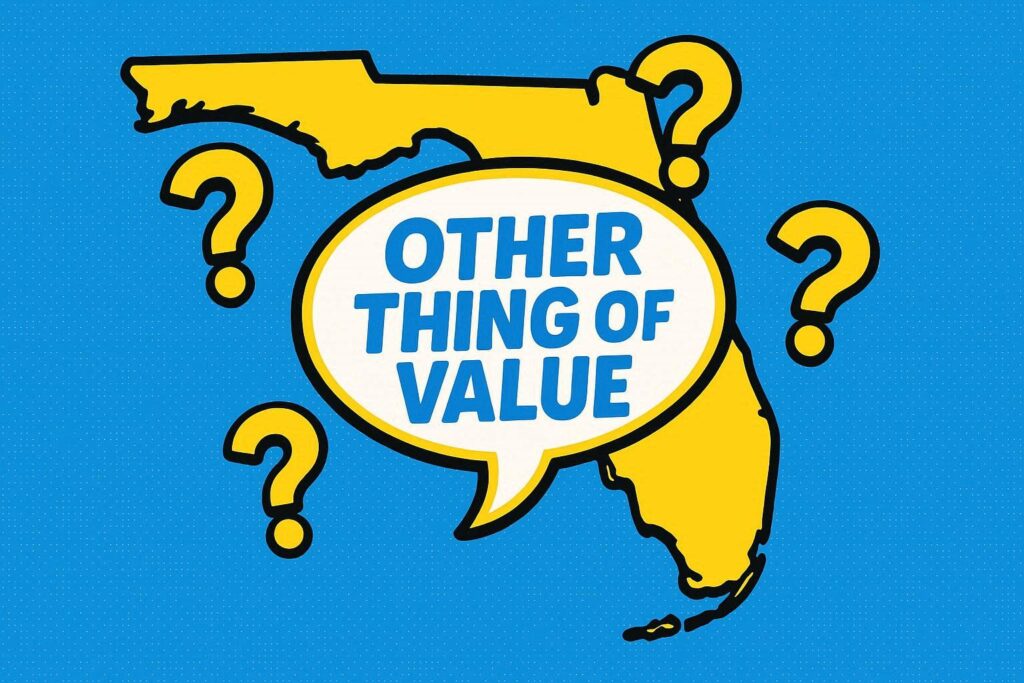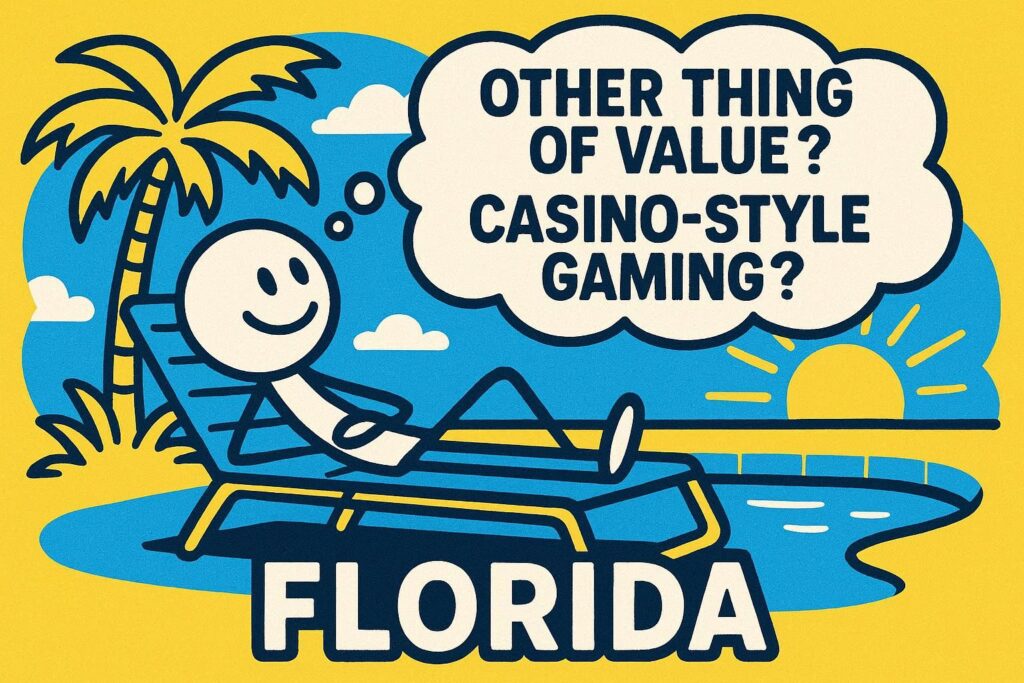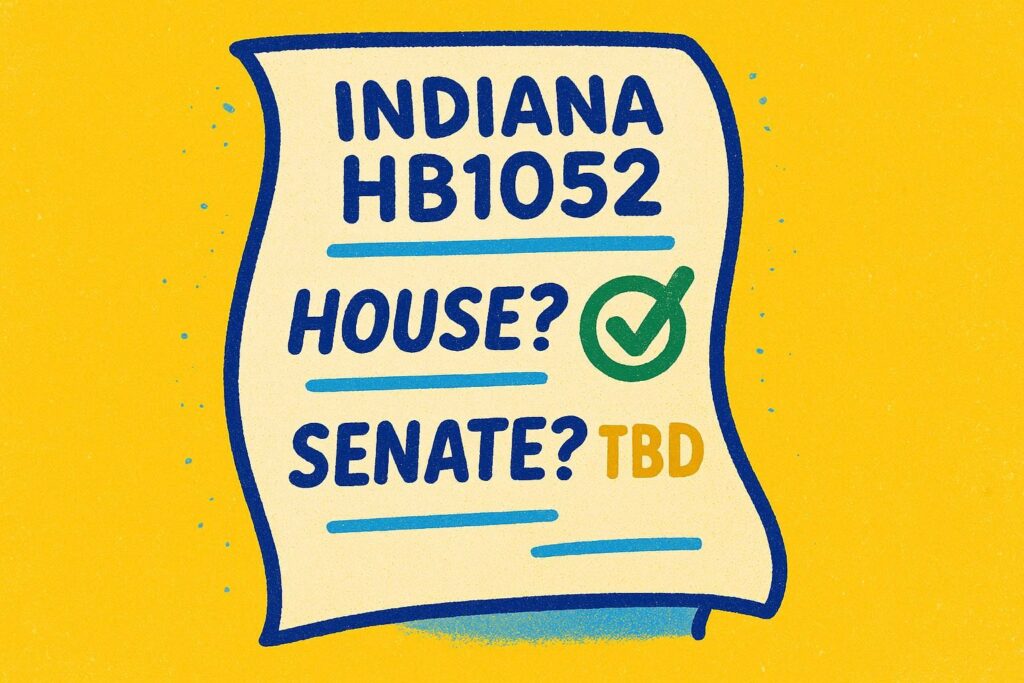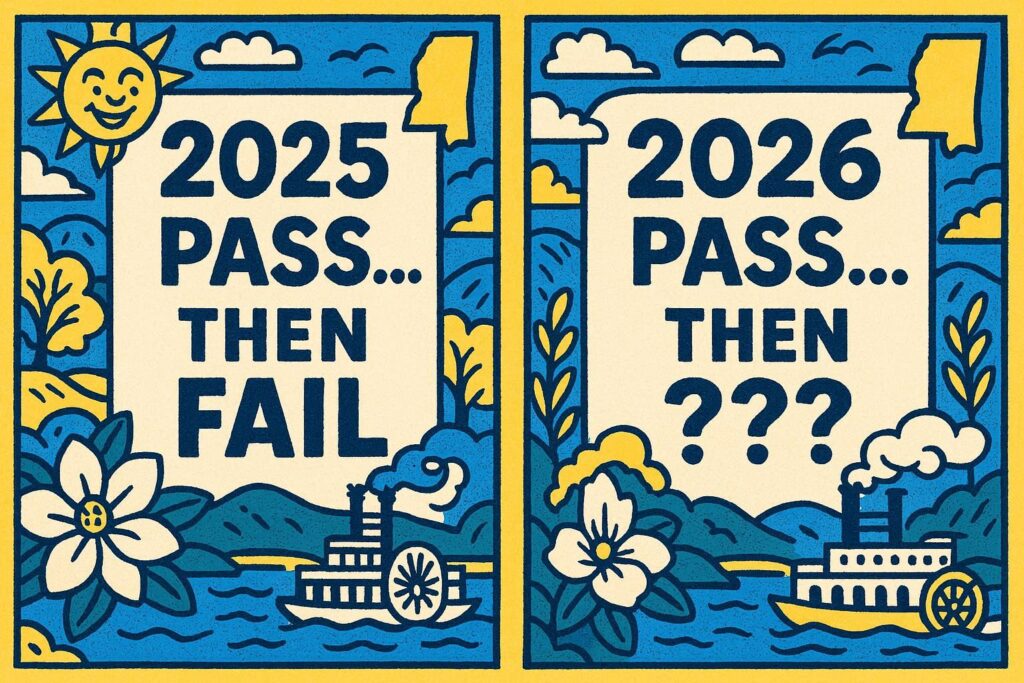A prominent online sweepstakes casino is preparing for the worst in California and adjusting its marketing strategy in that state in case Assembly Bill 831 passes.
Per communication sent via its affiliate marketing program, MegaBonanza stopped all marketing activities targeting California on July 20. This does not mean California players can no longer access MegaBonanza, but players in the state will no longer see promotional materials from MegaBonanza.
Although our news is independent and operates separately from the affiliate arm of our site, Sweepsy is part of MegaBonanza’s affiliate marketing program, and that is how we received this information. We can’t confirm whether this communication was sent to all members of MegaBonanza’s affiliate program.
MegaBonanza is the first known sweeps operator to modify its California activities as lawmakers in that state consider AB831, a sweeping piece of legislation that would not only ban sweeps casinos but also criminalize activity from entities associated with the sweeps casinos, such as payment processors and marketing partners.
Who exactly is liable under AB831?
At first, AB831 was even stricter on potential offenders than it is now.
Originally, the bill’s language would have criminalized individuals who played on sweeps casino sites illegally operating if AB831 passed, and it also would have criminalized individuals who promoted such sweeps sites via endorsements or promotions.
An amendment tacked onto the bill July 16 lightens the language a bit.
Here is the amended section of the bill:
“This bill would make it unlawful for any person or entity to operate, conduct, or offer an online sweepstakes game, as defined, in this state. The bill would make it unlawful for any entity, financial institution, payment processor, geolocation provider, gaming content supplier, platform provider, or media affiliate to knowingly support directly or indirectly the operation, conduct, or promotion of an online sweepstakes game within this state.”
Previously, the first sentence said “offer, or promote” instead of just “offer,” effectively shielding celebrities and influencers with promotional ties to online sweepstakes casinos. In other words, if AB831 passes, figures like Ryan Seacrest, Drake, and Paris Hilton won’t face legal consequences just for endorsing platforms that continue to operate in California.
The original wording also included “person” alongside “entity” early in the second sentence. That’s now removed — which presumably protects ordinary Californians from being criminalized for participating in these online sweepstakes games that still operate should AB831 pass.
Another notable tweak: The word “knowingly” has been added in that second sentence to describe the type of support that would be illegal. However, “knowingly” is vague and it isn’t immediately clear what will fall under its definition.
MegaBonanza may hope for the best — like all sweeps operators — and that AB831’s fast-track momentum will still and the bill will not pass. But, clearly, it’s actively preparing for passage.
Signals sent from MegaBonanza’s California decision
By ceasing promotional activities in California on July 20 and asking at least one marketing partner to do the same, MegaBonanza is getting a head start on eliminating any presence that could potentially incriminate it in the eyes of California law should AB831 pass.
Unless the bill gets amended to become an urgency bill, AB831’s new rules would take effect Jan. 1, 2026.
That would give MegaBonanza roughly 5-6 months, dating from July 20, to clear itself and any of its marketing or promotional materials out of California.
MegaBonanza is owned by LuminaryPlay Operations Limited. It’s the company’s only sweepstakes casino. It’s a 21-plus site whose thorough list of excluded states suggests it has prioritized regulatory compliance over short-term revenue:
- Alabama
- Connecticut
- Delaware
- Georgia
- Idaho
- Kentucky
- Louisiana
- Maryland
- Michigan
- Montana
- Nevada
- New Jersey
- New York
- Washington
- West Virginia
What’s next for AB831?
AB831 is slated for its next hearing with the Senate Appropriations Committee on Aug. 18 at 10 a.m. local time.
The bill has already cleared two Senate committees — Governmental Organization and Public Safety — with unanimous support. Approval from Appropriations is the final step before the bill can move to the full Senate for a vote.
From there, if passed, AB831 will go back to the Assembly for approval because it has been fully changed from its original version that passed earlier this spring. (That version of the bill dealt with changes to the tribal-state gaming compacts process.)
If the Assembly does not green light the changes, a conference committee will be formed with members from both legislative chambers to draft a compromise bill that will then need to be passed in the Senate and Assembly.
The California legislation session ends Sept. 12. If needed, Gov. Gavin Newsom can call a special session after Sept. 12 to extend time for bills. Otherwise, AB831 can carry over to the 2026 session starting in January without restarting, thanks to California’s two-year legislative cycle.
AB831 isn’t receiving its next hearing until Aug. 18 because the California Legislature has a summer recess from July 18 to Aug. 18. So, technically, its hearing is happening as early as possible.









